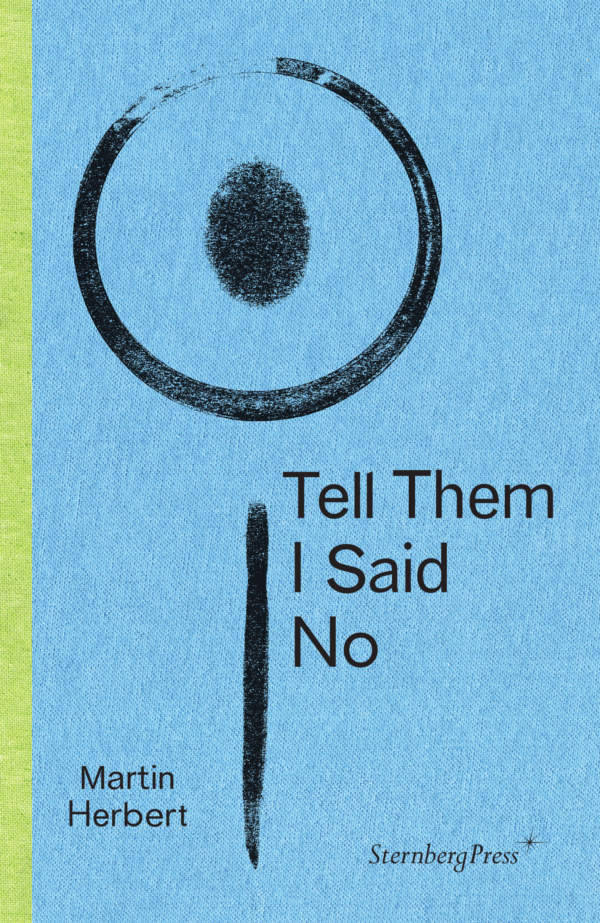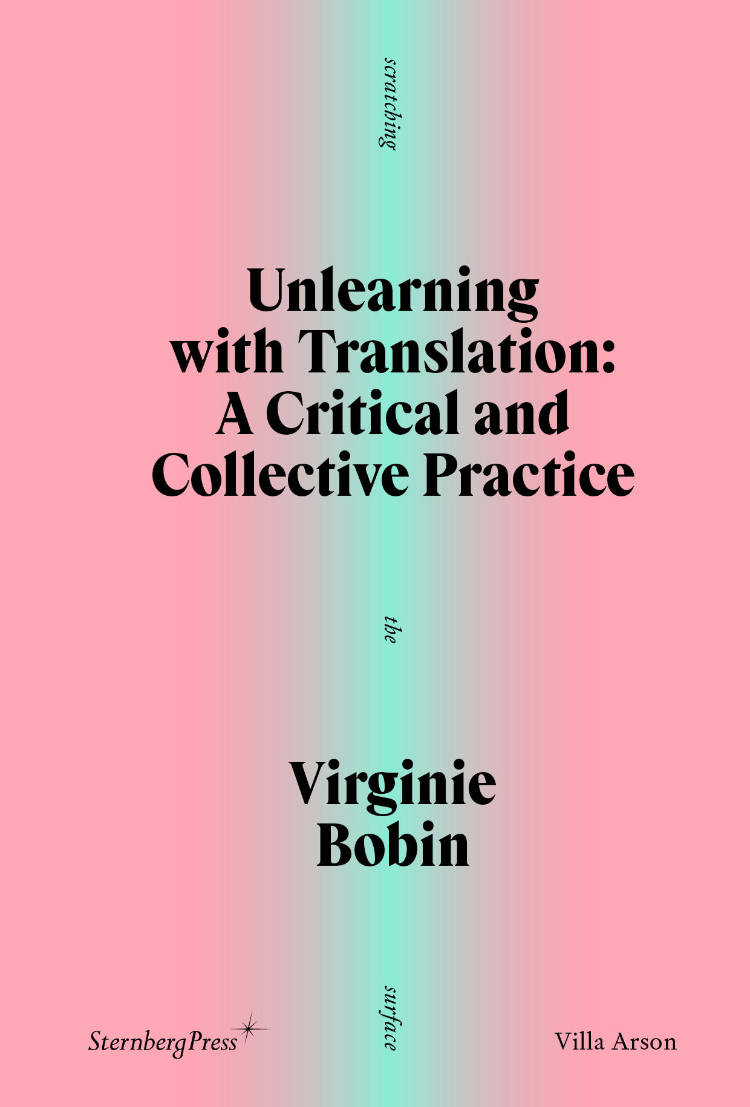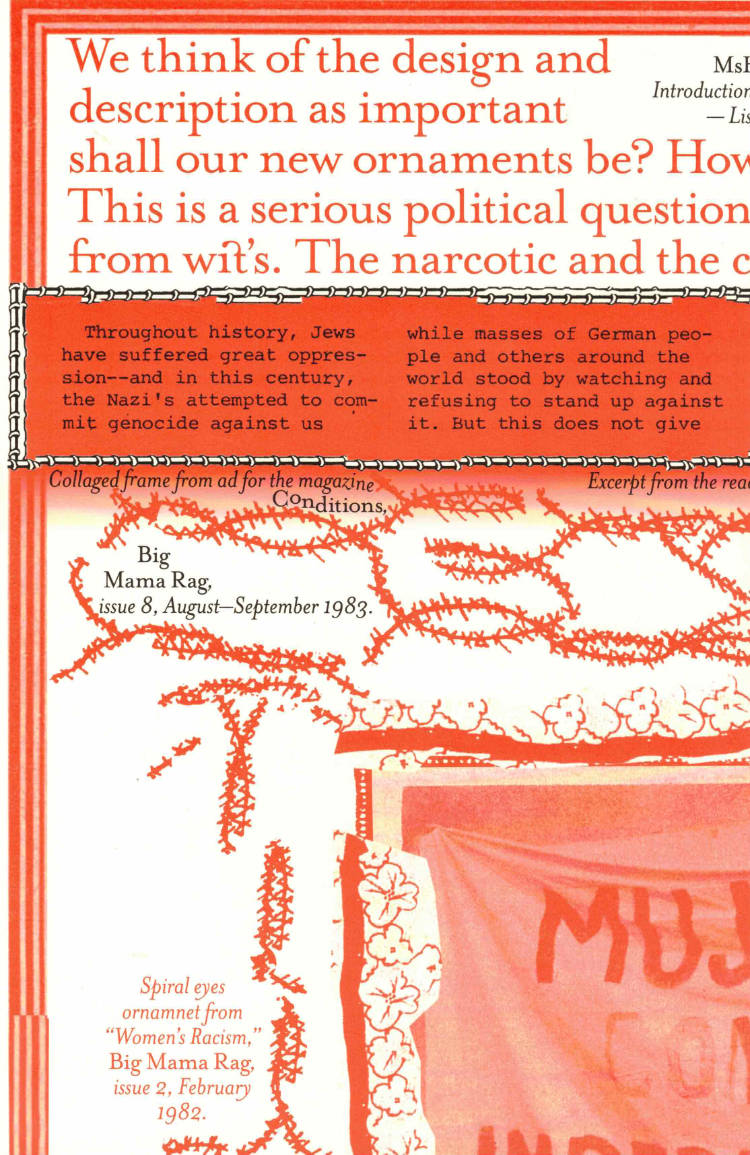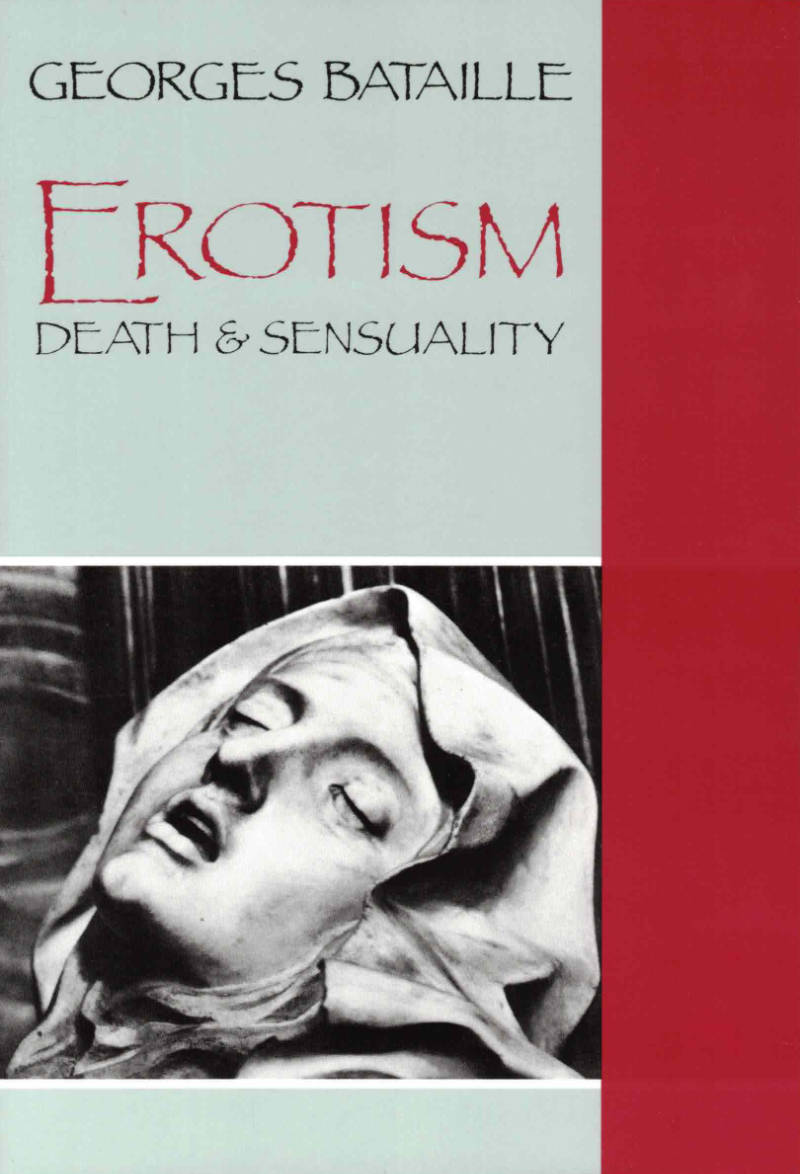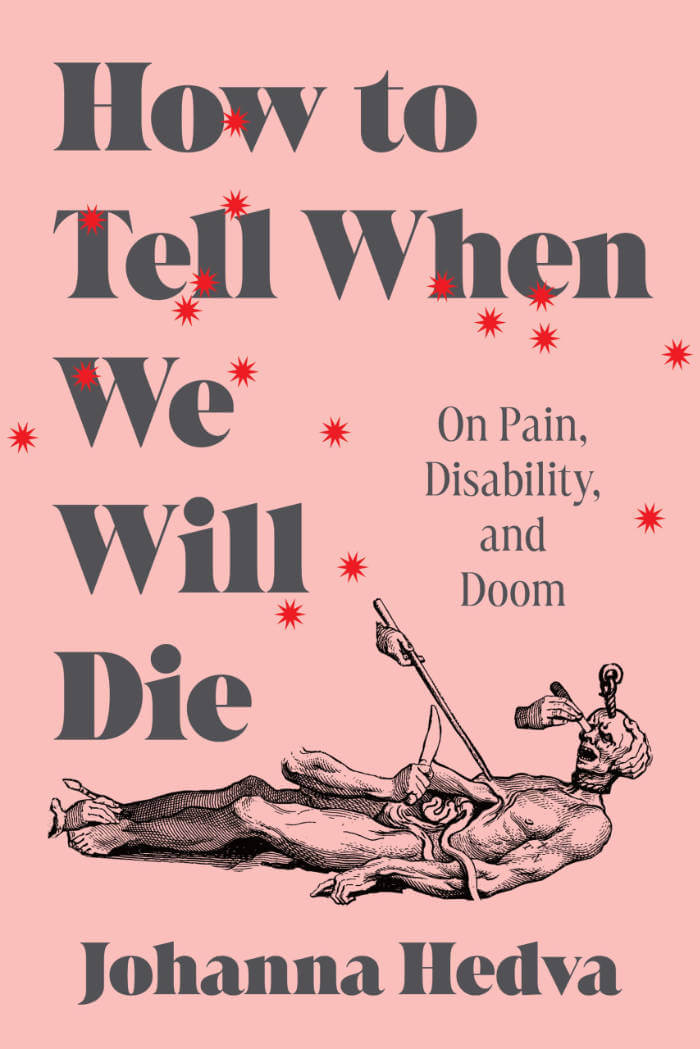
Where Are the Tiny Revolts?
Anthony Huberman ed., Jeanne Gerrity ed.
Where are the tiny revolts? is the first book in a new annual series published by CCA Wattis Institute, a contemporary art center and research institute in San Francisco. Each book in the series is driven by a central question: what are we learning from artists today? Unconnected to an exhibition program, Where are the tiny revolts? is rooted in the Wattis's artist-driven research institute. It is a place to explore and share some of the texts and visual work that emerge over the course of an entire year of discussions and public programs. Instead of providing documentation of projects with artists, Where are the tiny revolts? offers other ideas, voices, and references generated by conversations with and about artists.
The first book in the series, informed by themes related to the work of Dodie Bellamy, revolves around questions related to contemporary forms of feminism and sexualities, the rebirth of the author, and ways in which vulnerability, perversion, vulgarity, and self-exposure can be forms of empowerment. The texts cover a broad array of styles, including memoir, theoretical essay, art historical analysis, poetry, and fiction. The visual elements are equally diverse, ranging from photographs to collage to drawing.
Texts by Sara Ahmed, Nicole Archer, Georges Bataille, Dodie Bellamy, Michele Carlson, Thomas Clerc, Combahee River Collective, Bob Flanagan, Ursula K. Le Guin, Johanna Hedva, Glen Helfand, Juliana Huxtable, Alex Kitnick, Julia Kristeva, Audre Lorde, Lisa Robertson; contributions by Marcela Pardo Ariza, Justin G. Binek, Kaucyila Brooke, Tammy Rae Carland, Mary Beth Edelson, Mike Kuchar, Anne McGuire, Patrick Staff, Frances Stark, Rosemarie Trockel.
Language: English

